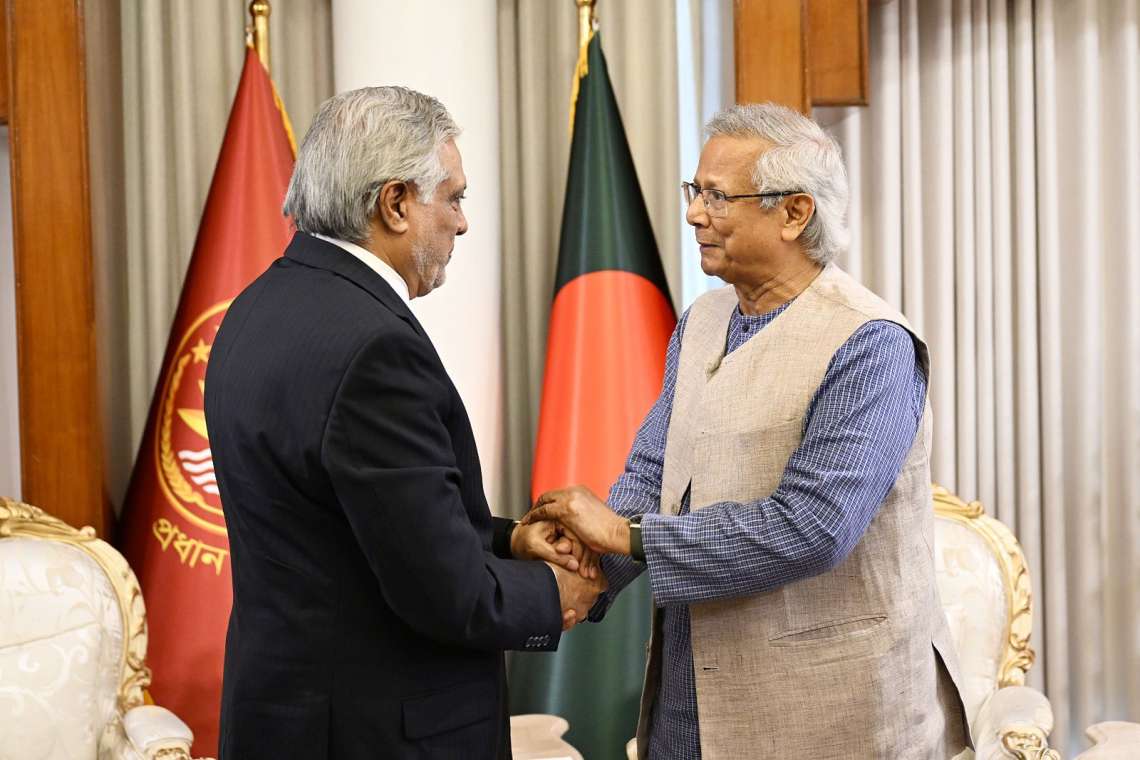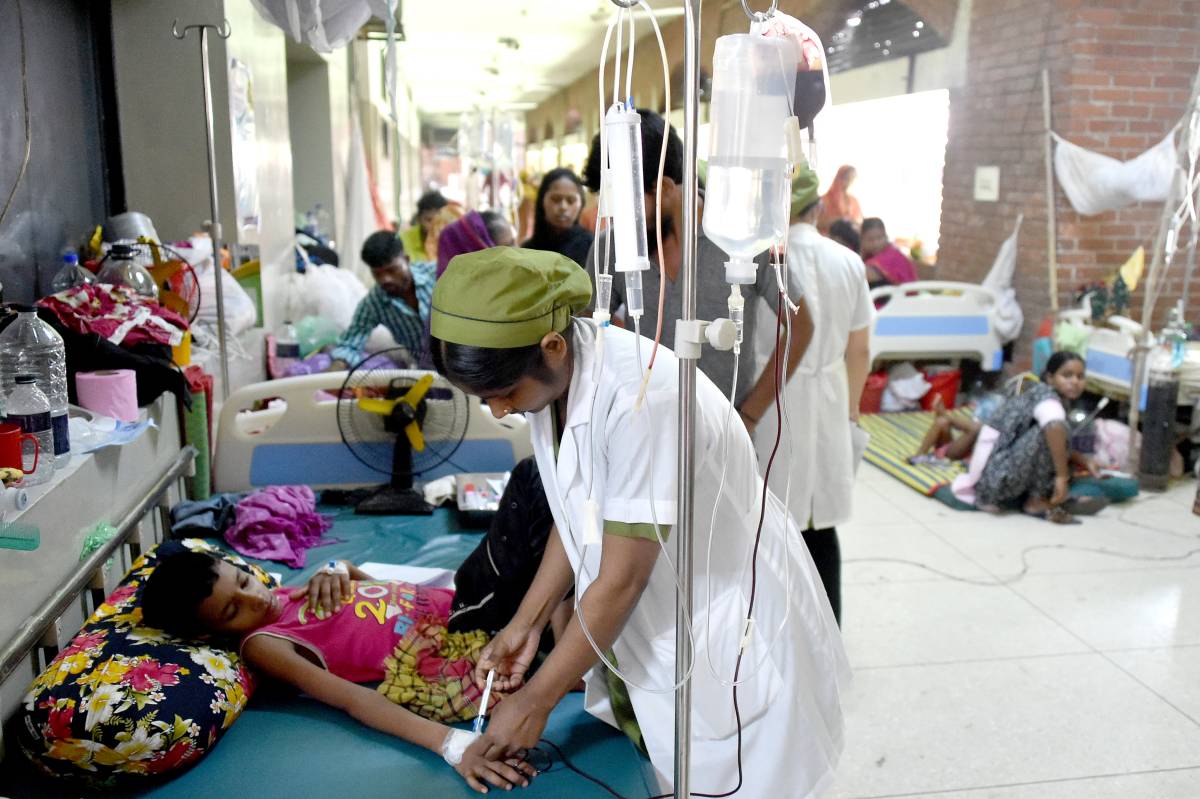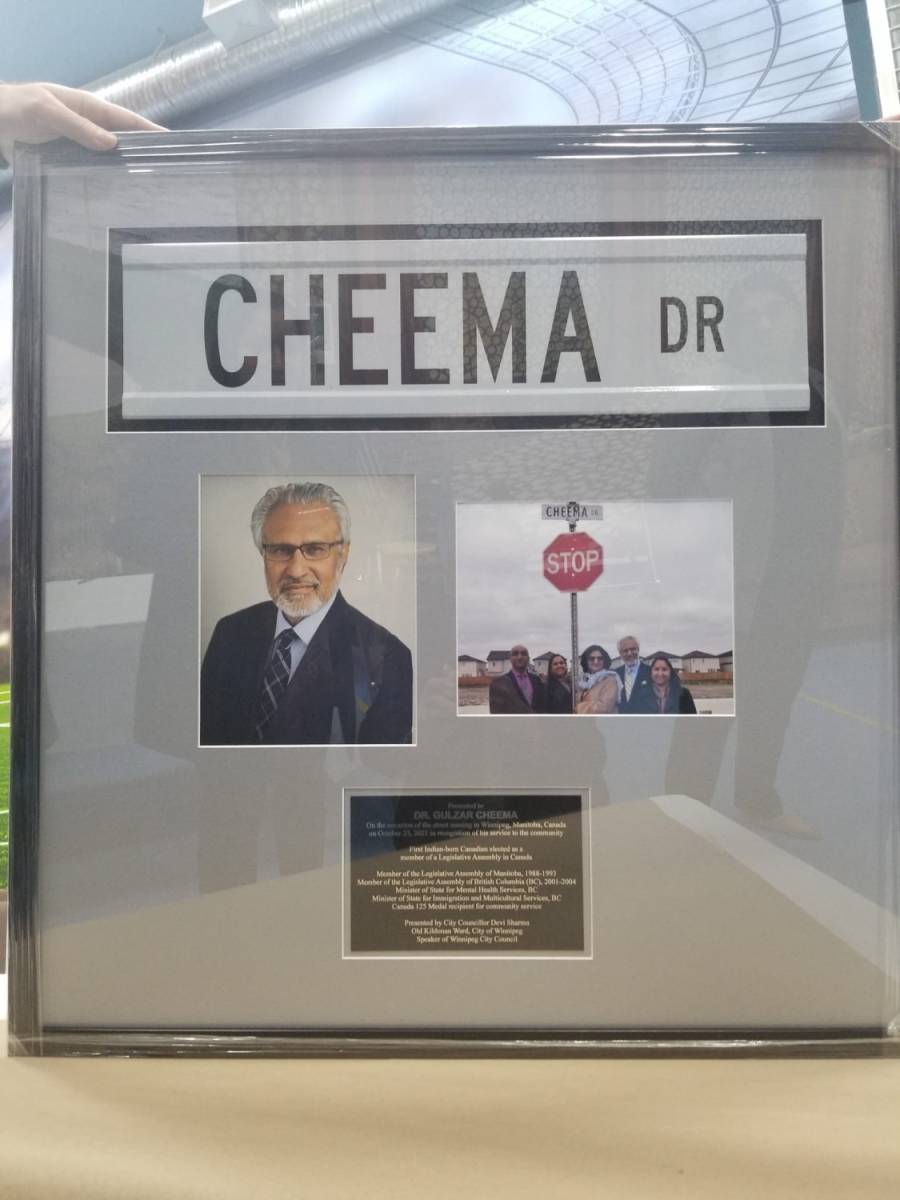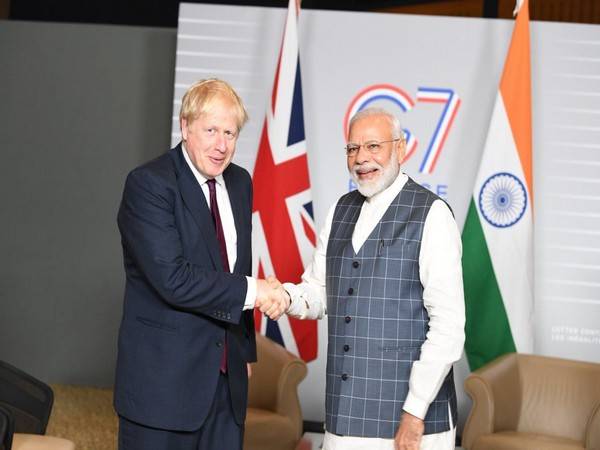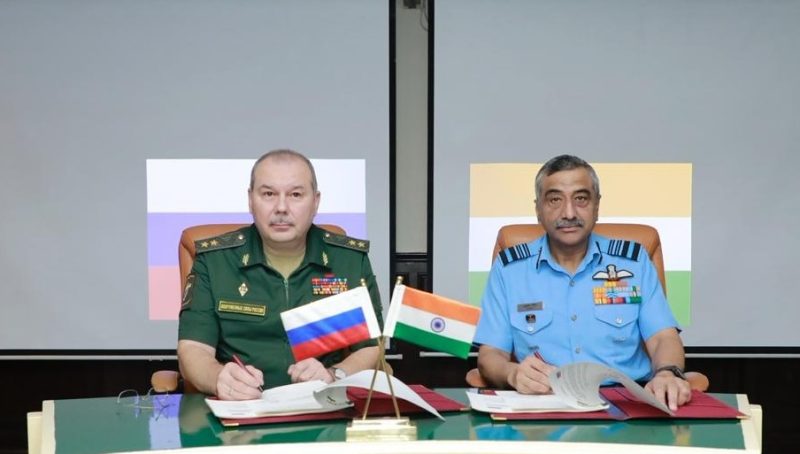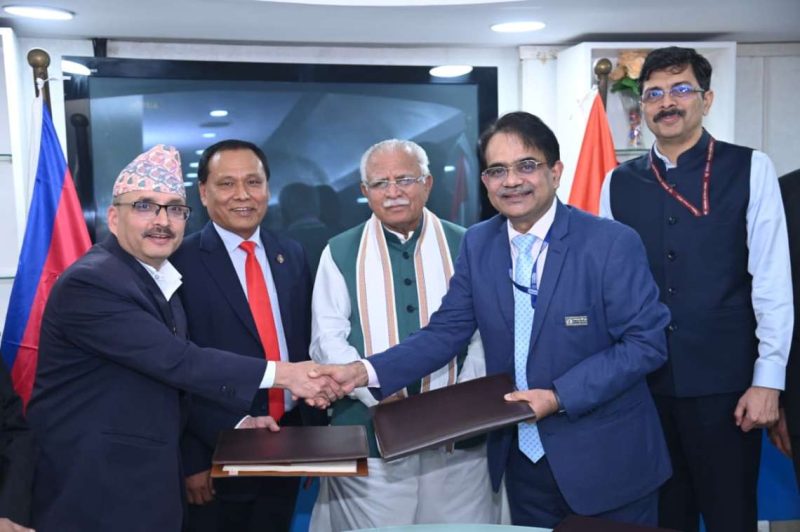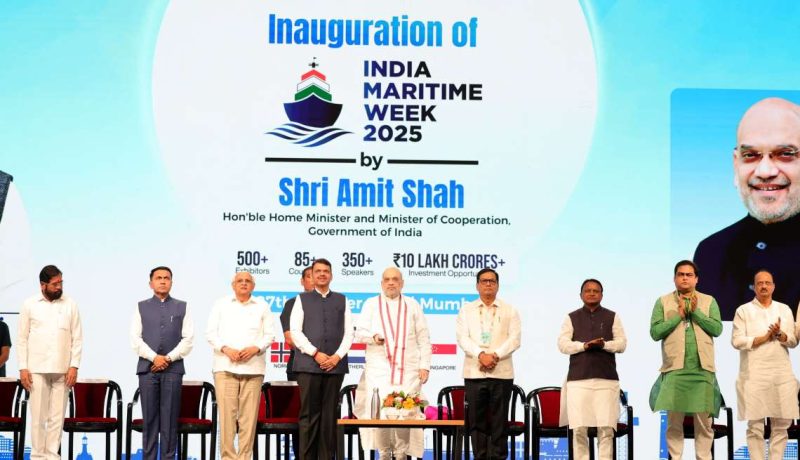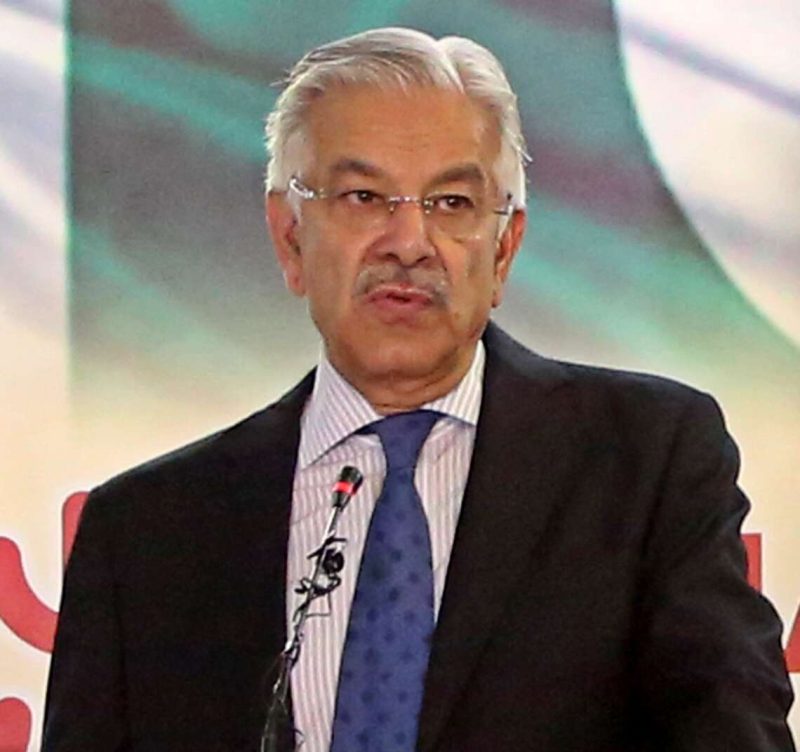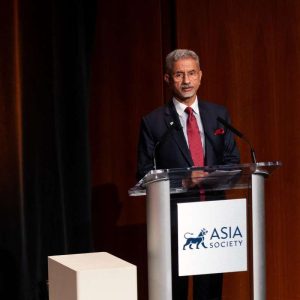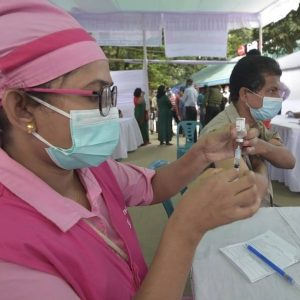The project titled “Recovery and Advancement of Informal Sector Employment (RAISE)” aims at increasing the economic opportunities for the low-income people …reports Asian Lite News
Bangladesh has signed an agreement with the World Bank’s International Development Association (IDA) to receive $200 million to create jobs for the country’s Covid-stricken low-income people.
Fatima Yasmin, secretary of Bangladesh’s Economic Relations Division, and Mercy Miyang Tembon, country director of World Bank, signed the loan agreement on behalf of their respective sides here, reports Xinhua news agency.
The project titled “Recovery and Advancement of Informal Sector Employment (RAISE)” aims at increasing the economic opportunities for the low-income people in urban areas and migrant workers returning from abroad due to the Covid pandemic.
The project will be implemented by Palli Karma-Sahayak Foundation, a financial institution founded by the government of Bangladesh to finance rural development.



